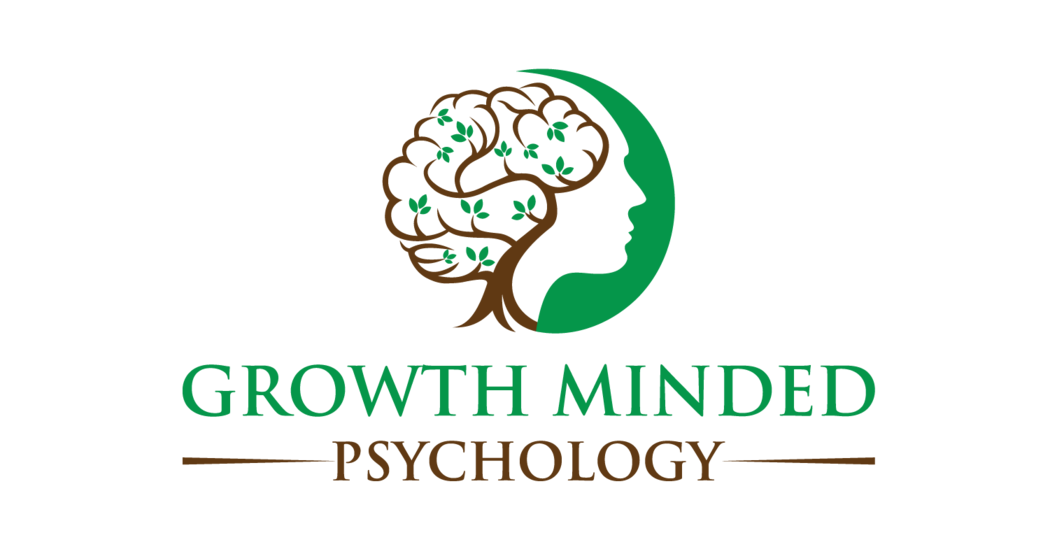Depression is a mental health disorder that causes feelings of sadness and hopelessness. Getting assistance if you’re suffering from depression might be difficult, but it’s necessary. This blog post will shed light on everything there is to know about depression.
What is depression, and what are its symptoms
Protracted emotions of sorrow and disinterest characterize the mental illness known as depression. Symptoms include fatigue, sleep problems, difficulty concentrating, and weight changes. Physical difficulties, including headaches and digestive problems, can also result from depression. Although the exact aetiology of depression is unknown, several genetic, biochemical, and environmental variables are thought to contribute to it.
How is depression treated – medication, therapy, or a combination of both
Medication can be a unique way to manage the symptoms of depression. Still, it is often only part of the equation. For many people, therapy is also an essential part of treatment. Sometimes, a combination of medication and talking therapy may be most effective. The key is working with a mental health professional to find the best treatment plan for you. There is no one-size-fits-all approach to treating depression, so finding the right treatments for your individual circumstances is vital. With the proper support, you can manage your depression and live a satisfying and healthy life.
The most common medications used to treat depression are selective serotonin reuptake inhibitors (SSRIs), which work by increasing levels of the chemical neurotransmitter serotonin in the brain.
Other popular medications include tricyclic antidepressants and monoamine oxidase inhibitors (MAOIs), which both works to balance out neurotransmitters’ levels in the brain.
In addition to medication, psychotherapy is often an essential part of treatment for depression. Cognitive behavioural therapy (CBT) can help people learn to identify and change negative thought patterns, and it is effective in treating depression. Other popular therapies include interpersonal therapy and psychodynamic therapy. Suppose you or someone you know is struggling with depression. In that case, many resources are available to get started on the road to recovery.
While depression is often treated with medication, several other treatment options can be effective. These include therapy, self-care, and support groups. Depression treatment can help to relieve symptoms, improve functioning, and prevent further episodes of depression. While treatment requires time and effort, it can be essential to managing this condition.
How do you know if treatment is working for you
If you are struggling with depression, it is crucial to seek professional help. With treatment, many people can live entire and productive lives. But how do you know if the treatment is effective? There is no easy answer, but there are some signs to look for. First, pay attention to how you are feeling. If you start feeling more energized and motivated, that may be a sign that the treatment is working. You may also find that your sleep patterns improve, and you have an increased interest in activities that you once found enjoyable. Of course, every person experiences depression differently, so discussing your symptoms with your doctor or therapist is essential. They will be able to evaluate your progress and make necessary adjustments to your treatment plan. Remember, it takes time for treatment to work, so be patient and stay positive. With help, you will be on your way to feeling better.
What are the possible side effects of medication and therapy for depression
While medication and therapy are effective treatments for depression, they can also cause several side effects. The usual side effects of antidepressants include nausea, weight gain, loss of sexual desire, and fatigue. Therapies such as cognitive behavioural therapy can also cause fatigue, headaches, and muscle tension. In some cases, these side effects may be deleterious enough to outweigh the benefits of treatment. However, most people find that the benefits of medication and therapy far outweigh the risks. With proper treatment, depression can be effectively managed, allowing people to lead happy and fulfilling lives.
References
Chand SP;Arif H. (2022, July 18). Depression. https://pubmed.ncbi.nlm.nih.gov/28613597/

